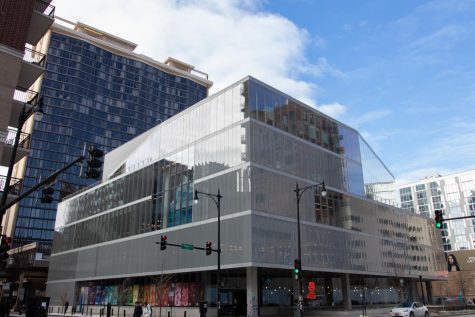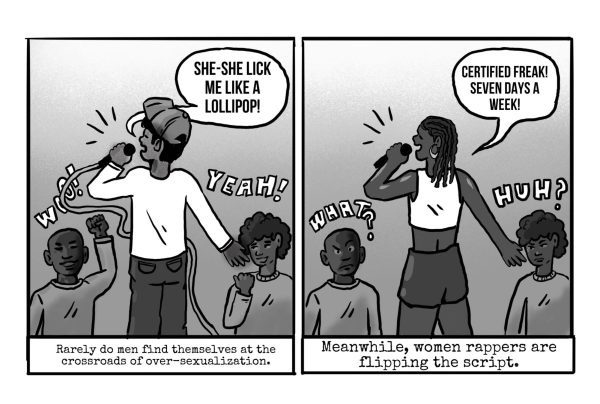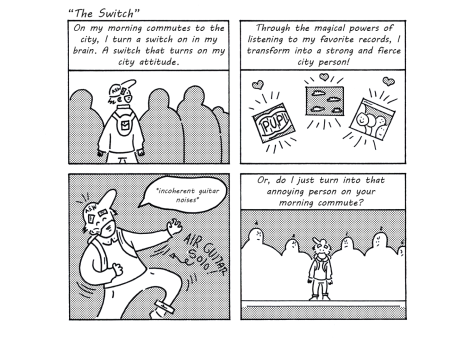Scholarship fund leaves students searching for answers
November 17, 2008
It comes as no shock that in this time of economic instability, students and parents are concerned about Columbia’s affordability. On Nov. 7, Mark Kelly, vice president of Student Affairs, acknowledged this concern, but said the college has “no good answer” about how to solve this growing concern of college
affordability.
For a college that prides itself on the progression of its 2010 strategic plan, it is beyond disconcerting to hear that administrators don’t have a plan for the most pressing issue facing students-whether or not they will be able to fund their education at Columbia.
Kelly blamed much of the problem on inflation and the inability of institutional and federal funding to keep up with rising inflation. However, a quick look at inflation rates shows that so far this year, the average rate of inflation is 4.6 percent-making it less than Columbia’s annual tuition increase of about 5 percent. Last year’s average inflation rate was 2.85 percent, but Columbia’s tuition increase was 4.95 percent.
Since it seems the college has no intention of curbing its annual tuition increase, and the increase still covers that of rising inflation, administrators need to work hard and fast to outline an internal plan to help students overcome affordability concerns.
One of the first things the college should do is take a long, hard look at its current fundraising efforts. The school’s fundraising efforts are dismal, and that is reflected in the low endowment fund levels. Administrators need to start fundraising for more than just new buildings and pet projects. They need to be fundraising specifically for funds that would be put toward student scholarships.
The amount of money-or lack thereof-the college gives out in grants and scholarships is disgraceful. According to a report from the Office of Student Affairs, in 2007, Columbia only gave out $794 in grants to incoming freshmen. The same year, Loyola University gave out $9,998 in scholarships to incoming freshmen. There is no excuse for this lack of student assistance.
Columbia also needs to start awarding more need-based scholarships versus merit-based scholarships. Administrators need to do a better job categorizing students by income level and work to help students who are coming to Columbia from middle-class households.
Students who come to college from middle-class households are never going to be considered needy enough to qualify for federal grants, thus they continue to fall through the cracks. Often these students don’t qualify for merit-based scholarships either, which leaves them and their families stuck footing the entire tuition bill.
Additionally, the administration` needs to cut the fat out of the budget and redirect that money toward scholarships. Students continue to hear that the college is working to cut unnecessary expenditures, such as unnecessary travel and excessive salary increases, but where is the proof? Students have been told the administration is working hard to help them, but they aren’t working hard enough.
Administrators need to get out of their offices, walk away from their catered lunches and spend time-as much time as it takes-reanalyzing the college’s bureaucracy issues. Their current strategies are obviously not working, so it is time to stop beating a dead horse and take a new approach.
Columbia is supposed to be all about creating change, and we’re far overdue for some change in the way the administrative machine conducts business.

















